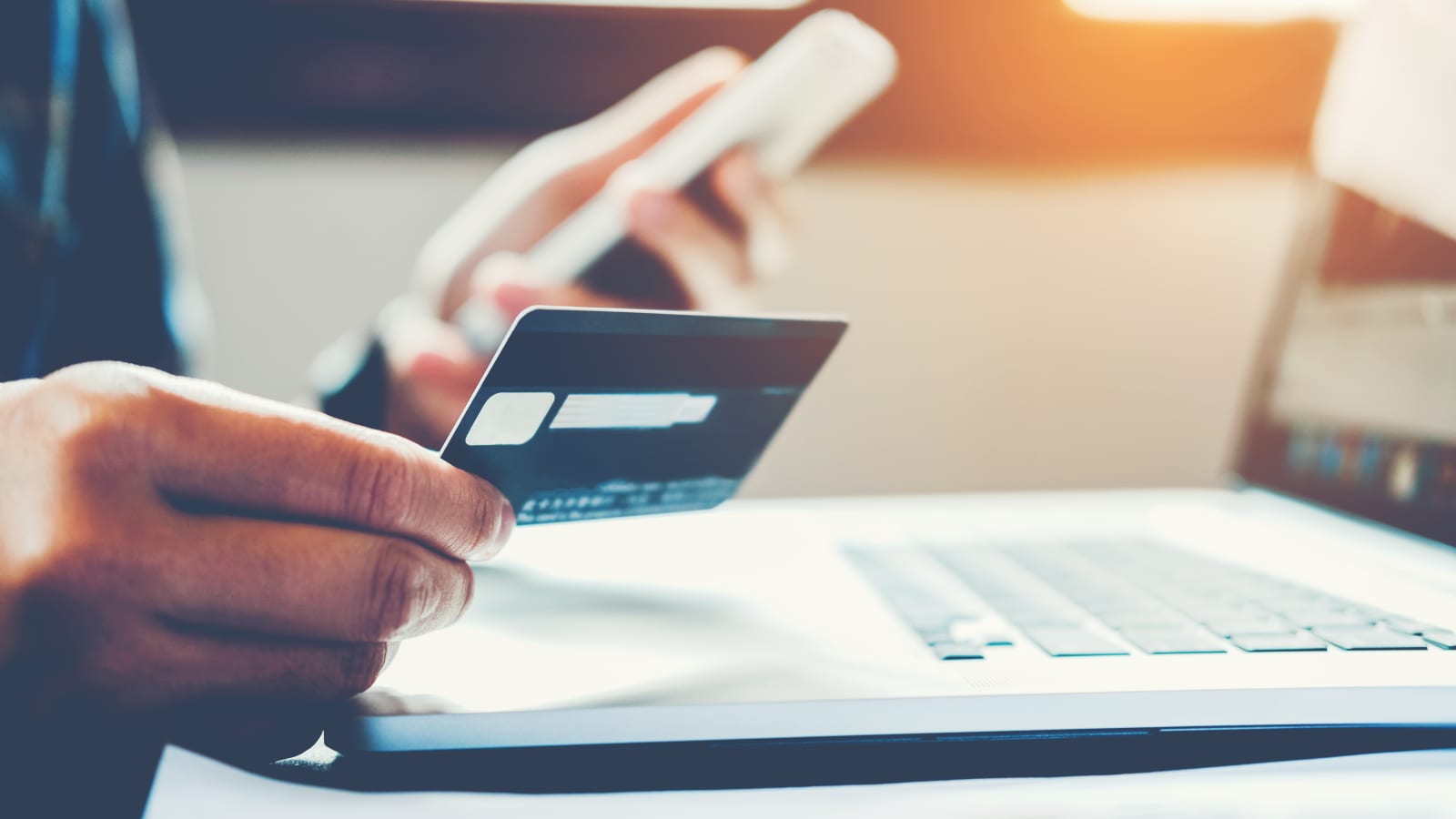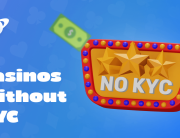Unsecured credit cards for bad credit can be a useful tool for rebuilding your credit score, but they come with both advantages and disadvantages. Understanding unsecured credit card for bad credit these can help you make an informed decision about whether this type of card is right for you. Let’s explore the pros and cons.
Pros: No Security Deposit Required
One of the biggest advantages of unsecured credit cards is that they don’t require a deposit. Unlike secured cards, which require upfront collateral, unsecured cards allow you to access credit without any initial investment. This makes them an appealing option for people looking to rebuild their credit without tying up funds.
Pros: Opportunity to Rebuild Credit
Using an unsecured credit card responsibly can help improve your credit score. Timely payments and responsible credit utilization show lenders that you are capable of managing credit. Over time, this positive activity can boost your credit score, making it easier to qualify for loans and better credit cards in the future.
Pros: Access to Higher Credit Limits
Some unsecured credit cards for bad credit offer the potential for credit limit increases after several months of responsible use. A higher credit limit can lower your credit utilization ratio, which is a key factor in your credit score. This increase helps to improve your credit score over time.
Pros: Potential Rewards and Cash Back
Certain unsecured credit cards for bad credit offer rewards, such as cash back on purchases or points for every dollar spent. While these rewards are typically modest, they can provide a nice benefit for people who use their credit card regularly. It’s a good way to earn money back on everyday purchases.
Cons: High Interest Rates
One of the main drawbacks of unsecured credit cards for bad credit is their high-interest rates. Credit cards for individuals with poor credit typically come with higher APRs. This can lead to costly interest charges if you carry a balance from month to month. It’s important to pay off your balance regularly to avoid these costs.
Cons: High Fees
Unsecured credit cards for bad credit often come with high fees. These can include annual fees, late payment fees, and sometimes even fees for exceeding your credit limit. It’s essential to read the terms and conditions carefully to understand all the fees associated with a particular card before applying.
Cons: Low Credit Limits
While some unsecured credit cards may offer credit limit increases, they often start with low credit limits. This can make it difficult to make large purchases without maxing out your credit card, which can negatively impact your credit score. Low limits also restrict your ability to keep your credit utilization ratio low.
Cons: Risk of Further Damaging Your Credit
If you don’t use your unsecured credit card responsibly, it can damage your credit further. Late payments, high balances, and exceeding your credit limit can all negatively affect your credit score. It’s crucial to stay disciplined and avoid common mistakes when using your card to ensure your credit improves.
How to Maximize the Benefits of an Unsecured Credit Card
To make the most of an unsecured credit card, focus on maintaining a low balance and making your payments on time. Aim to pay your balance in full each month to avoid high-interest charges. By using the card responsibly, you’ll be able to rebuild your credit over time.
Conclusion
Unsecured credit cards for bad credit have both advantages and disadvantages. While they provide an opportunity to rebuild your credit without no credit credit cards unsecured requiring a deposit, they also come with high fees and interest rates. By understanding the pros and cons, you can use these cards wisely to improve your financial future.







Leave A Comment